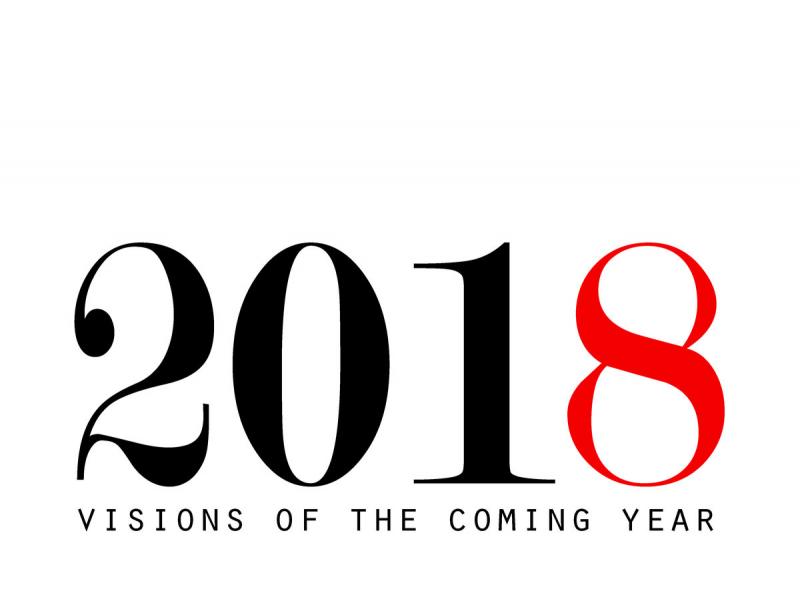Education
Schooling that helps foster skills
Discussing education on a global level involves and requires an effort to put the challenges facing each society into context. Yet, the actual learning experiences that children go through do not differ that much. This is why it is worth comparing the purpose of education with what it makes possible. Clarifying the outcome of learning is essential. Until now, education has largely been focused on learning facts and concepts through memorisation, which eschews learning of greater importance, particularly in the context of current global challenges and the 4th Industrial Revolution we find ourselves in. Thus, the definition of what the minimum education should be has changed, and this was recognised in 2015, by the World Education Forum of the United Nations, in the Education Declaration for 2030, which states: “Quality education fosters creativity and knowledge which ensures the acquisition of basic skills of literacy and numeracy, as well as analytical skills, problem solving and other cognitive, interpersonal and high level social skills. It also should develop skills which enable citizens to lead full and healthy lives, to make informed decisions, and respond to local and global challenges through education for sustainable development and global citizenship.”
Profound need for change
The transformation then towards skills-based curricula that is replacing disciplinary separation and mechanical-rote learning to enable this “quality education” is the touchstone of today’s educational challenge, as recently pointed out by the International Bureau of Education in the last UNESCO General Conference. But as we in Catalonia are well aware, claiming to have a skills-based curriculum does not necessarily mean that it exists. There is a profound need for change in the understanding of learning and assessment, to overcome the gap between disciplines, and to make it possible for us to move on to evaluating skills development in situations closer to reality.
This also requires a change in the means and methodology of learning, generating much more autonomy in the learner and their ability to respond to rapidly changing environments. This requires a reformulation of the role and responsibilities of teachers, their basic training and their selection and in-service career development. The school system must therefore be re-organised to make such learning possible
Because education is a common and universal need, quality education should be put within the reach of every child. This challenge of quality thus also involves the demand for equity, equal opportunity, and public and budgetary spending policies that will make this possible. Inequality is still dramatically prevalent in the traditional educational model, and therefore the change to the new learning necessarily demands a much more effective effort against inequality and, for socio-economic reasons in many parts of the world, gender.
feature the coming year


